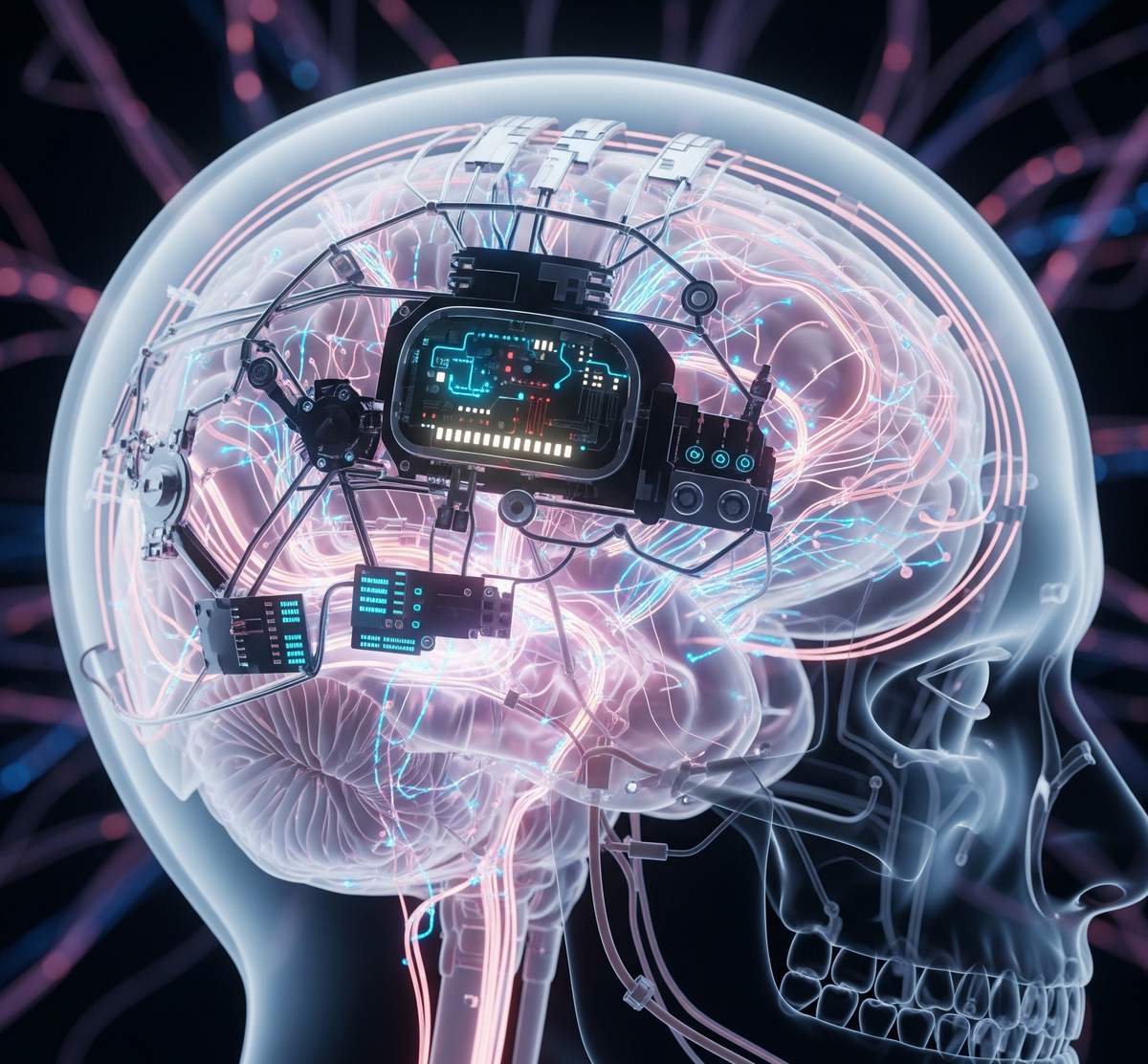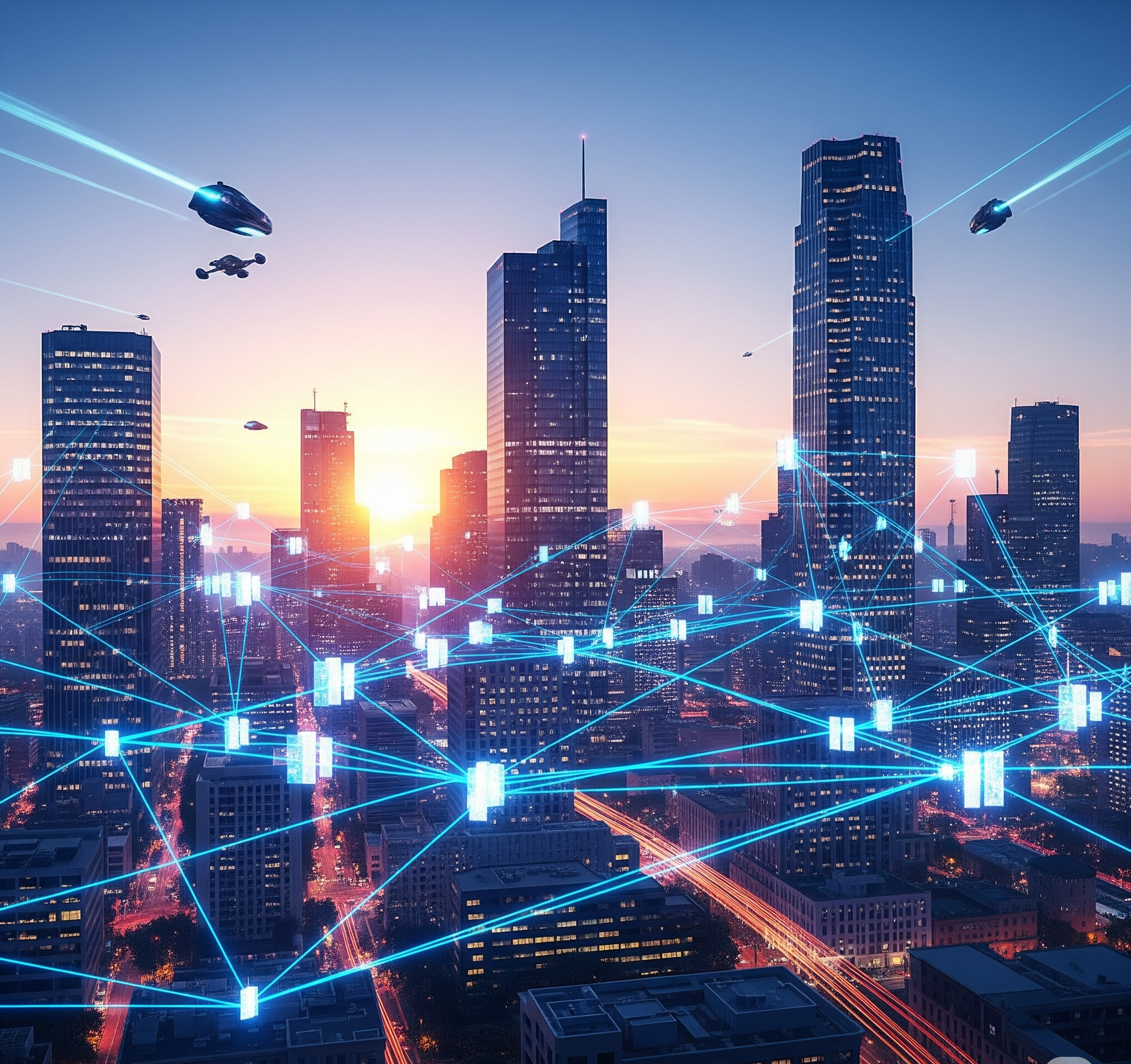NeuroFit: The Biohacking Craze That’s Taking Over Silicon Valley in 2025

[SAN FRANCISCO, CALIFORNIA] – July 3, 2025
In 2025, productivity in Silicon Valley doesn’t just mean faster code or better algorithms—it means optimized brains.
Enter NeuroFit: a hybrid of wearable tech, nootropics, and personalized neurofeedback designed to push the limits of cognitive performance. Touted by tech elites and venture-backed wellness startups, NeuroFit is the new status symbol for those chasing mental clarity, hyper-focus, and better decision-making.
But is it truly a scientific breakthrough or just another iteration of Silicon Valley’s obsession with self-improvement?
What Is NeuroFit?
According to archived versions of NeuroFit’s product page on Archive.org, the company began as a brain-training app but expanded into a full-fledged system in 2024. Now, NeuroFit offers a wearable headband that reads your brainwaves, a nootropic stack tailored to your "cognitive profile," and a machine-learning-based app that recommends daily mental performance protocols.
Key Features Include:
- EEG-powered headband that syncs with your phone
- Real-time brain state tracking (focus, fatigue, anxiety)
- Personalized meditations and task cycles
- Proprietary nootropic supplements
- Performance dashboards and coaching
Their marketing promise? "Your mind, optimized."
Who’s Using It?
A quick search on Threads and X (formerly Twitter) reveals a flood of testimonials:
"I close deals 2x faster after my NeuroFit morning session." – @CodeCrush2025
"I thought it was nonsense until I hit flow state three days in a row. I'm not going back." – @FounderFlow
Influencers like MinaBytes, LexiPWR, and ZenCoder have all posted paid and unpaid reviews, and the gear has made appearances on podcasts like Huberman Lab and How I Built My Brain.
Major employers like Meta, Stripe, and OpenAI reportedly include NeuroFit subscriptions in executive wellness packages.
Google Trends: NeuroFit’s Meteoric Rise
A Google Trends search for "NeuroFit 2025" shows a massive spike in interest beginning in January 2025, coinciding with CES presentations and a Tim Ferriss co-sign. The most active search regions include:
- California (Bay Area dominant)
- New York
- Germany
- Singapore
Related breakout terms include:
- "NeuroFit reviews"
- "Best nootropics 2025"
- "Brain optimization apps"

The Science: Breakthrough or Buzzword?
NeuroFit claims that its system is rooted in peer-reviewed neuroscience. The company cites studies from Stanford, MIT, and Imperial College London, but many of these are generalized research on EEGs, meditation, and brain plasticity—not direct endorsements.
Dr. Priya Menon, a neuroscientist at UC Berkeley, notes:
“The tech is exciting, but the brain is still a mystery. The danger is in over-promising, especially with unregulated supplements.”
The nootropic blends, meanwhile, remain proprietary. While some ingredients like L-theanine, Rhodiola, and Lion’s Mane are backed by modest data, others are obscure or lack FDA evaluation.
Still, users continue to claim real benefits—a reminder that placebo effect or not, perception often drives behavior.
Archive Deep Dive: The Biohacking Timeline
Using Archive.org, we traced back the timeline of NeuroFit's evolution:
- 2022: Beta launch as a meditation+focus tracker
- 2023: Acquired by wellness venture arm of Andreesen Horowitz
- 2024: Major rebrand and product overhaul
- 2025: Launch of NeuroFit 3.0 with wearable integration
Their homepage has shifted from "calm" messaging to aggressive language about dominance, productivity, and focus—clearly targeting competitive professionals.
The Critics: Mind Control or Mindful?
Privacy watchdogs and digital rights advocates have raised concerns about data collection.
"We're handing over the most intimate metric—our thoughts and emotions—to a profit-driven app," warns Jason Lei of the Digital Autonomy Network.
NeuroFit claims all data is encrypted and used only for training models, not marketing. But without third-party audits, skepticism lingers.
There’s also a growing movement against what some call "techno-masculine optimization culture," arguing that the rise of devices like NeuroFit promotes burnout and addiction to constant self-tracking.
Is It Worth the Hype?
User reviews vary based on lifestyle.
- Entrepreneurs and coders report productivity boosts, better task switching, and improved sleep patterns.
- Artists and therapists feel pressured by the constant optimization culture.
- Students and young professionals love the gamified daily goals but balk at the $349 subscription fee.
Some alternatives to NeuroFit include:
- Muse S Headband (for meditation)
- Eight Sleep Pod Pro (for sleep-focused biohacking)
- Levels Health (for glucose monitoring)
- Hapbee (for mood modulation)
But none offer NeuroFit’s integrated brain-boosting ecosystem—yet.
Internal Benchmark: Are Users Sticking With It?
Leaked investor updates via Archive show NeuroFit has:
- Retention Rate: 71% after 30 days
- DAU (Daily Active Users): 85,000
- Conversion from free trial to paid: 27%
Impressive numbers for a product that was mocked as "brain FitBit" a year ago.
Final Verdict: Hype, Help, or Both?
NeuroFit walks a tightrope between innovation and exaggeration. The brain is the new battleground for wellness tech, and NeuroFit is leading the charge—for better or worse.
Whether it's an evolution in self-care or just digital snake oil, the fact remains: biohacking is now mainstream.
"You can track your steps. You can track your calories. Why not track your brain?" asks startup founder and NeuroFit investor Jayne Roth.
The answer, it seems, depends on how much you're willing to let technology into your head.

Call to Action: Would you try tech that promises to hack your brain? Share your thoughts with #NeuroFit2025 or tag us in your brainwave dashboard screenshots.
Sources: Google Trends, Archive.org, Threads/X testimonials, UC Berkeley Lab interviews, NeuroFit product pages



